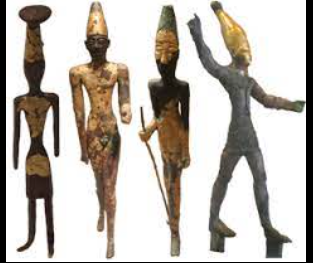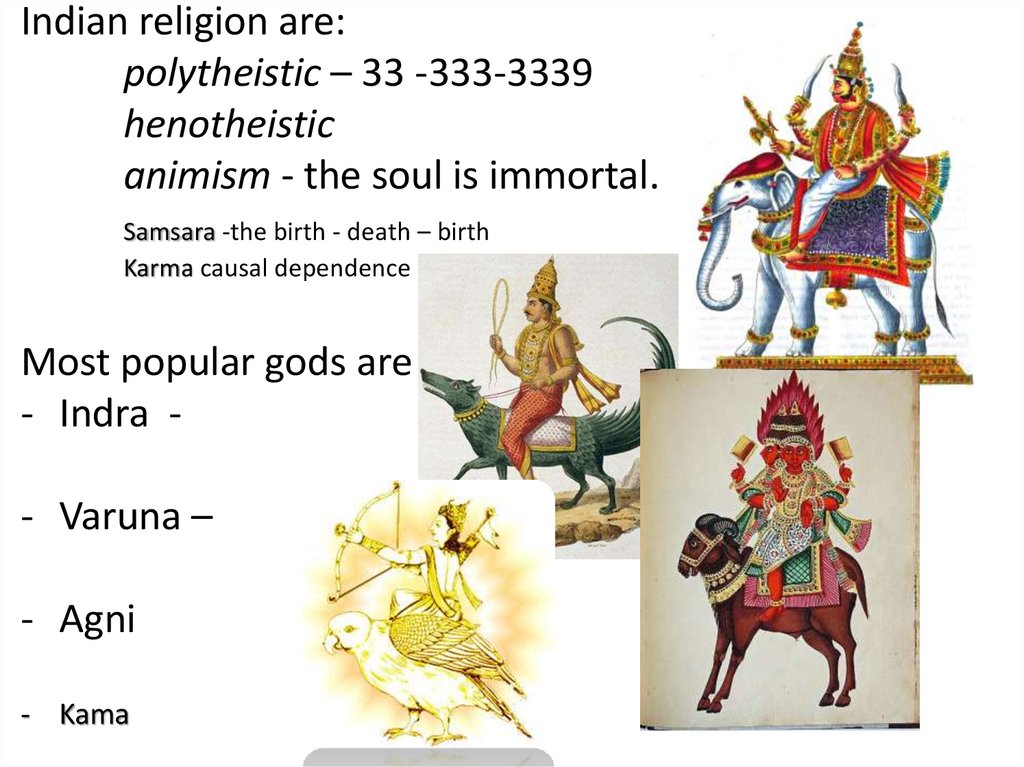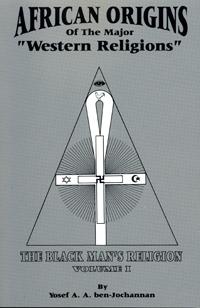
Learn more about the different religions in the world. Learn more about Christianity Christianity Taoism Taoism Christianity Hinduism. Each religion has its own beliefs and practices. Some religions emphasize the personal while others are more focused on the universal. Some emphasize the importance of personal salvation and reject this world as corrupt.
Buddhism
Buddhism is an ancient religion founded on the teachings Buddha. It encourages self-denial, embraces karma and reincarnation. There are many Buddhist schools. However, all share a common moral foundation. These are precepts, values and virtues that Buddha extolled in fifth century BC. They still guide 350 million Buddhists today.
Taoism
Taoism's philosophy is based upon the belief that all things are part of a greater whole. This whole is known by the Tao, also known as The Dao. It is the cosmic force that flows through everything, binding and freeing it. Taoism was born out of observation of the natural world, and belief in cosmic balance. Some Taoists also practice spirit worship and ancestor worship.

Christianity
While the question of Christianity's place among the world's religions may be complex, Christians should recognize that it is not unique or inferior to any other faith. Interreligious dialog is vital in today's diverse world. These encounters with people from different cultures, beliefs, and religions are essential to achieve enlightenment as well as a shared commitment to justice and peace. In this sense, Christians should not be content to remain on the periphery of interreligious dialogue. The biblical framework for evaluating world religions is a solid foundation that allows Christians to engage in this complex question.
Hinduism
Hinduism has been a popular religion in India for centuries. Its origins can be traced back to 400 BCE. This was when the Indus Valley people were worshiped. One of the oldest religious texts is the Vedas. It is a collection of sacred scriptures written in many languages. The development of modern Hinduism has been influenced by these texts and the tradition of worship.
Sikhism
The founder of the Sikh tradition was Guru Nanak, who lived in the Punjab region in South Asia, which is divided between India and Pakistan. Today, most Sikhs are found on the Indian border. The Guru was disillusioned by the social injustices of his day. He believed that there was only one divine force that created the universe, and he believed that this force resides within everything. Sikhism is a religion that emphasizes service to the human race.
Unaffiliated people
A growing segment of the world's population is unaffiliated with any established religion. These "nones" are people who have a wide range of beliefs and are known as "nones". They have founded advocacy and support groups to advocate for social issues. And they are expanding their reach to the media. The vast majority are secular young people, making them a valuable audience for media.

Folk religions
Folk religions can be practices that have their roots in ethnic or regional religious traditions but are not officially recognized as such by any country or the church. They are unique to a specific region or tribe and rely heavily in superstition and sympathetic magic for supernatural influences. Some of these traditions are based on the idea that the stars and planets influence humans on a personal and spiritual level.
Judaism
Judaism can be considered one of the oldest religions in the world. It dates back around 2,000 B.C. during the Middle East's Hebrew people. Abraham is the center of faith. Abraham, an old man who was childless and elderly, sought God's guidance and was granted the promise to have a large and fertile household. After travelling across the Middle East, Abraham decided to follow one God.